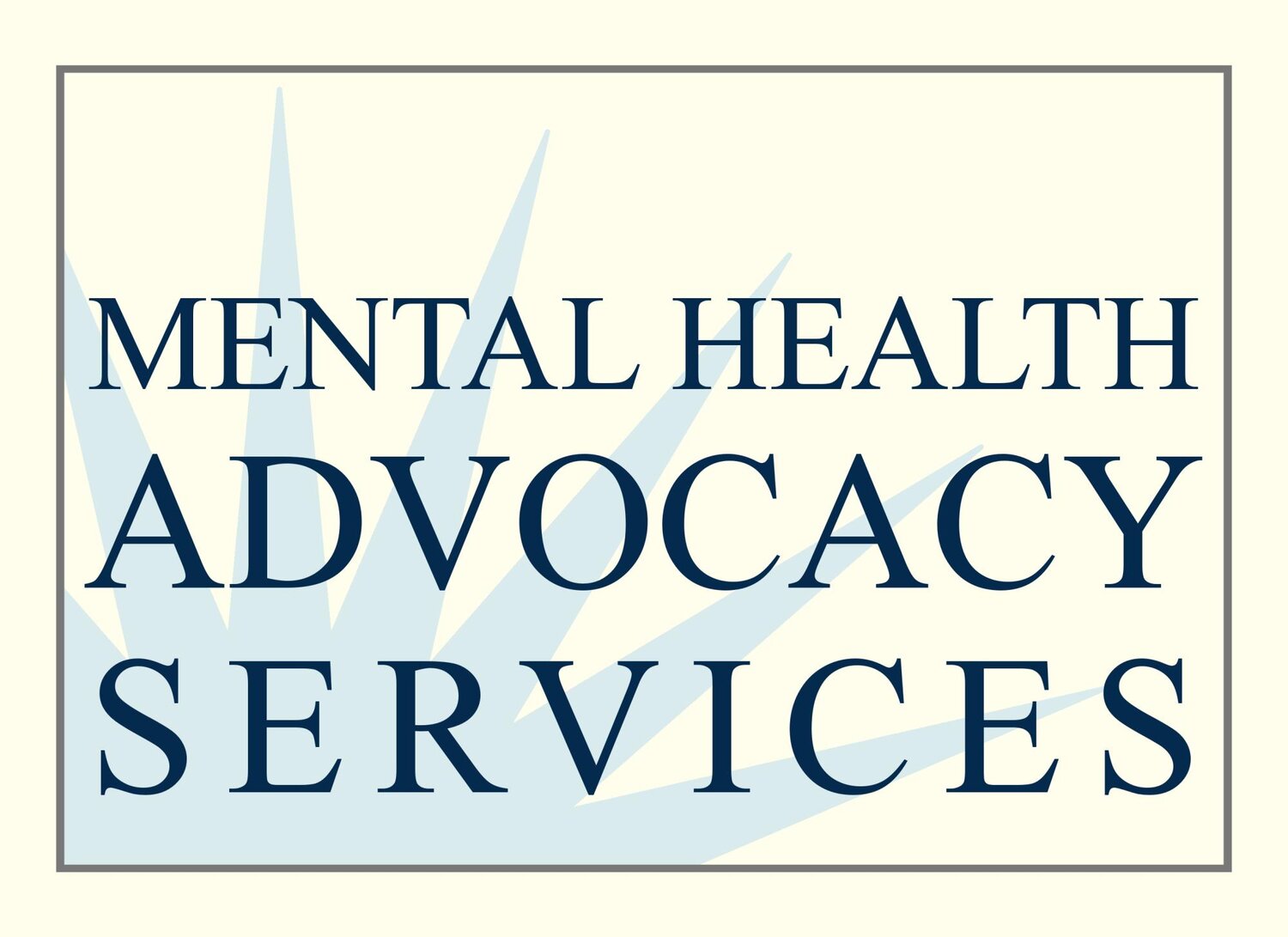Loyola University Chicago Public Interest Law Journal: BeHeLP and the Benefits of Working Together
by Eliza SchaflerEliza Schafler is an MHAS Equal Justice Works Fellow sponsored by Greenberg Traurig, LLP.
Every day in our Behavioral Health-Legal Partnership (BeHeLP), I am reminded how poverty lawyers and therapists for low-income children are natural partners. In sessions with children and caregivers, therapists hear about the problems at home that are driving stress and creating barriers to stability. And when those therapists are trained to identify legal issues and provided with an on-site attorney, they can do something to help. In addition, therapists can actively collaborate with an attorney in many ways, from helping to prove a mental disability exists to informing a school about educational needs.Recently, BeHeLP was noted by Loyola University Chicago’s Public Interest Law Reporter, a legal journal, as the example of behavioral health-legal partnership that should spread nationwide. In an article entitled, “Somewhere to Go: Protecting Families Facing Mental Illness Through Healthcare Reform and the Medical-Legal Partnership Model,” author Amanda M. Walsh made the case that a “similar model to BeHeLP” should be created to improve access to treatment, prevent child welfare involvement, and stabilize families facing mental illness.Walsh chose to include a quote from me about the benefits of partnering with mental health clinicians in particular. In the article, I explain that therapists “have a natural understanding of the MLP model because their job is to recognize the deeper social issues that affect mental health and well-being.” I couldn’t have said it better myself.The full article is available here.
